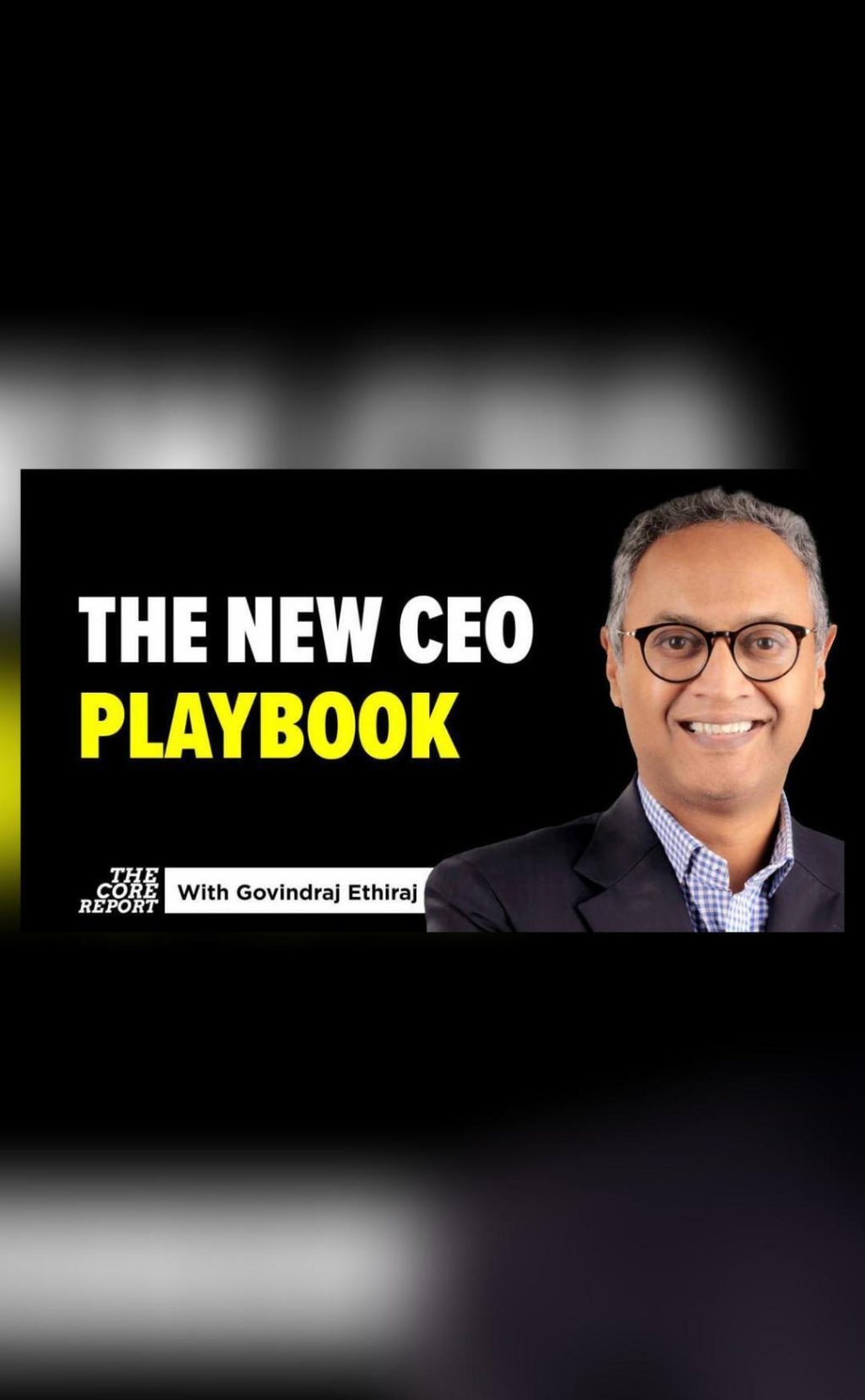
The New CEO Playbook: AI Pressures & Global Tariff Shocks
The business world is undergoing a seismic shift, driven by the converging forces of artificial intelligence (AI) and global trade policies. As AI reshapes industries and tariff shocks disrupt trade, global CEOs are facing unprecedented challenges. From internal pressures to automate and innovate, to external forces like shifting trade policies, business leaders must rethink strategy and operations. With no guarantee of stability, companies are being pushed to localize, adapt, and reconsider long-held business models.
The Rise of AI: A Double-Edged Sword
AI has been touted as a game-changer for businesses, promising increased efficiency, productivity, and innovation. However, its adoption also poses significant challenges for CEOs. As AI systems are integrated into various aspects of a company’s operations, human workers may find themselves replaced or retrained, leading to internal pressures to adapt and innovate.
A recent study by Accenture found that 85% of business leaders believe that AI will play a significant role in their organization’s future, but only 20% have a clear plan in place to implement AI solutions. This disconnect highlights the need for CEOs to develop a comprehensive strategy for AI adoption, one that balances the benefits of increased efficiency with the risks of job displacement and skills obsolescence.
Global Tariff Shocks: A New Era of Trade Uncertainty
The global trade landscape has become increasingly uncertain, with the introduction of tariffs and trade wars disrupting supply chains and affecting businesses of all sizes. The impact of these shocks is far-reaching, with companies struggling to navigate the complexities of shifting trade policies and the consequences for their bottom line.
A recent report by the World Trade Organization (WTO) found that global trade volumes have declined for the first time since 2009, with trade tensions between major economies contributing to the downturn. This trend is expected to continue, with the WTO predicting that global trade will decline by 1.2% in 2020.
The Need for a New Playbook
In the face of these challenges, CEOs must develop a new playbook for success. This requires a deep understanding of the interplay between AI and global trade policies, as well as the ability to adapt and innovate in response to changing circumstances.
Here are some key takeaways for CEOs seeking to navigate the new landscape:
- Focus on Localization: As global trade tensions continue to escalate, companies must prioritize localization to ensure business continuity. This may involve shifting production facilities to new regions, renegotiating supply chains, or developing new products and services tailored to local markets.
- Invest in AI: AI adoption is no longer a nice-to-have, but a must-have for businesses seeking to stay competitive. CEOs should prioritize AI investments that drive innovation, improve efficiency, and enhance customer experiences.
- Diversify Supply Chains: The risk of supply chain disruption is higher than ever, making diversification a key strategy for CEOs. This may involve developing relationships with new suppliers, investing in alternative sources of supply, or implementing supply chain resilience strategies.
- Build Resilience: The ability to adapt and respond to changing circumstances is critical for businesses operating in a world of AI pressures and global tariff shocks. CEOs should focus on building organizational resilience, investing in employee training and development, and fostering a culture of innovation and experimentation.
Conclusion
The new CEO playbook is a complex and dynamic document, one that requires a deep understanding of the interplay between AI and global trade policies. By prioritizing localization, investing in AI, diversifying supply chains, and building resilience, CEOs can navigate the challenges of the new landscape and position their companies for long-term success.
As the business world continues to evolve, one thing is clear: the CEOs who thrive will be those who are agile, adaptable, and willing to rethink their strategy and operations in response to changing circumstances.
Source:
[Watch the video to learn more about the challenges facing CEOs in the era of AI and global tariff shocks: https://youtu.be/0osLVVtj7tY]






